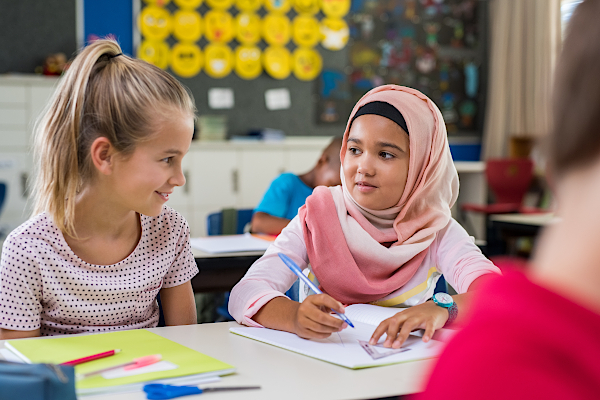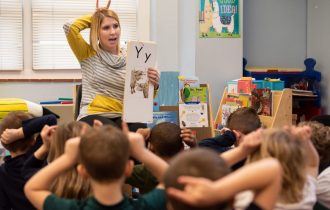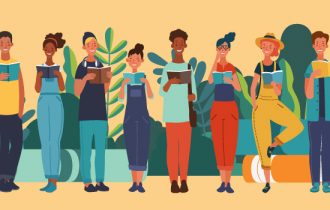The Link Between Cultural Literacy and Empathy: Navigating Our Global Village

Hello, passionate learners! Today, I am thrilled to take you on an enlightening exploration of two essential elements of our globalized society: cultural literacy and empathy. They are like two strands of DNA, intertwined and interdependent. American author and educator Ernest L. Boyer once said, “The true aim of everyone who aspires to be a teacher should be, not to impart his own opinions, but to kindle minds.” In a similar vein, the goal of cultural literacy is not to impose our worldview on others, but to spark a genuine understanding and appreciation of diverse cultures, thus fostering empathy. Let’s delve deeper into this fascinating topic.
Cultural Literacy: A Compass in Our Global Village
In essence, cultural literacy is our ability to understand, respect, and appreciate other cultures. It includes awareness of their histories, traditions, languages, and perspectives. In today’s interconnected world, cultural literacy acts as a compass, guiding us through the complex landscape of global cultures.
The advance of technology plays a significant role in enhancing cultural literacy. The Internet, AI, and machine learning have revolutionized the way we access and comprehend cultures worldwide. AI-based translation tools, like Google Translate, facilitate cross-cultural communication, while platforms like Coursera make global knowledge accessible to all.
Consider a young American student who has never traveled outside their country. With Google’s Tour Creator, they can virtually explore the bustling streets of Tokyo or the historical landmarks of Rome, gaining a direct and personal understanding of these cultures.
Empathy: The Heart of Interpersonal Connections
Empathy is the capacity to understand or feel what another person is experiencing. It is the emotional bridge that connects individuals, promoting shared experiences, compassion, and mutual respect. As the famed physicist Albert Einstein put it, “Empathy is patiently and sincerely seeing the world through the other person’s eyes. It is not learned in school; it is cultivated over a lifetime.”
The rise of social media and virtual reality (VR) technology has provided new avenues to foster empathy. Social platforms give us a window into the lives of people from different corners of the globe. Meanwhile, VR can immerse us in the realities of people living vastly different lives, fostering a more profound emotional connection.
For instance, a VR experience like “Clouds Over Sidra” takes viewers into the life of a 12-year-old Syrian refugee girl, Sidra. This powerful storytelling medium allows individuals to step into Sidra’s shoes, nurturing a deep empathetic understanding that reading an article or watching a news report may not deliver.
The Intricate Link: Cultural Literacy and Empathy
Cultural literacy and empathy share an intricate link. By understanding a culture, we naturally develop empathy towards its people, and by being empathetic, we are more motivated to learn about different cultures. This is a virtuous cycle that enhances our capacity for both.
Technology today enables and encourages this link. Online forums and discussion platforms facilitate cross-cultural exchanges. Language learning apps like Duolingo immerse learners in new languages and cultures, fostering understanding and empathy. Simultaneously, platforms like PenPal World connect people from diverse cultures, providing first-hand cultural experiences and building empathy.
Consider a classroom where students are learning Spanish using Duolingo. By immersing themselves in the language, they also learn about Hispanic cultures, customs, and perspectives. As they communicate with native speakers, they experience their realities, fostering empathy.
In conclusion, the link between cultural literacy and empathy is an integral part of our globalized society. With cultural literacy, we can navigate the world’s myriad cultures, fostering empathy and mutual understanding. These are not just personal skills but societal assets that can build bridges in a divided world. As we continue to leverage technology for learning, let us remember the words of American novelist Harper Lee, “You never really understand a person until you consider things from his point of view…until you climb into his skin and walk around in it.”
So, let us keep learning, keep understanding, and keep empathizing. After all, we’re all citizens of the same global village.

